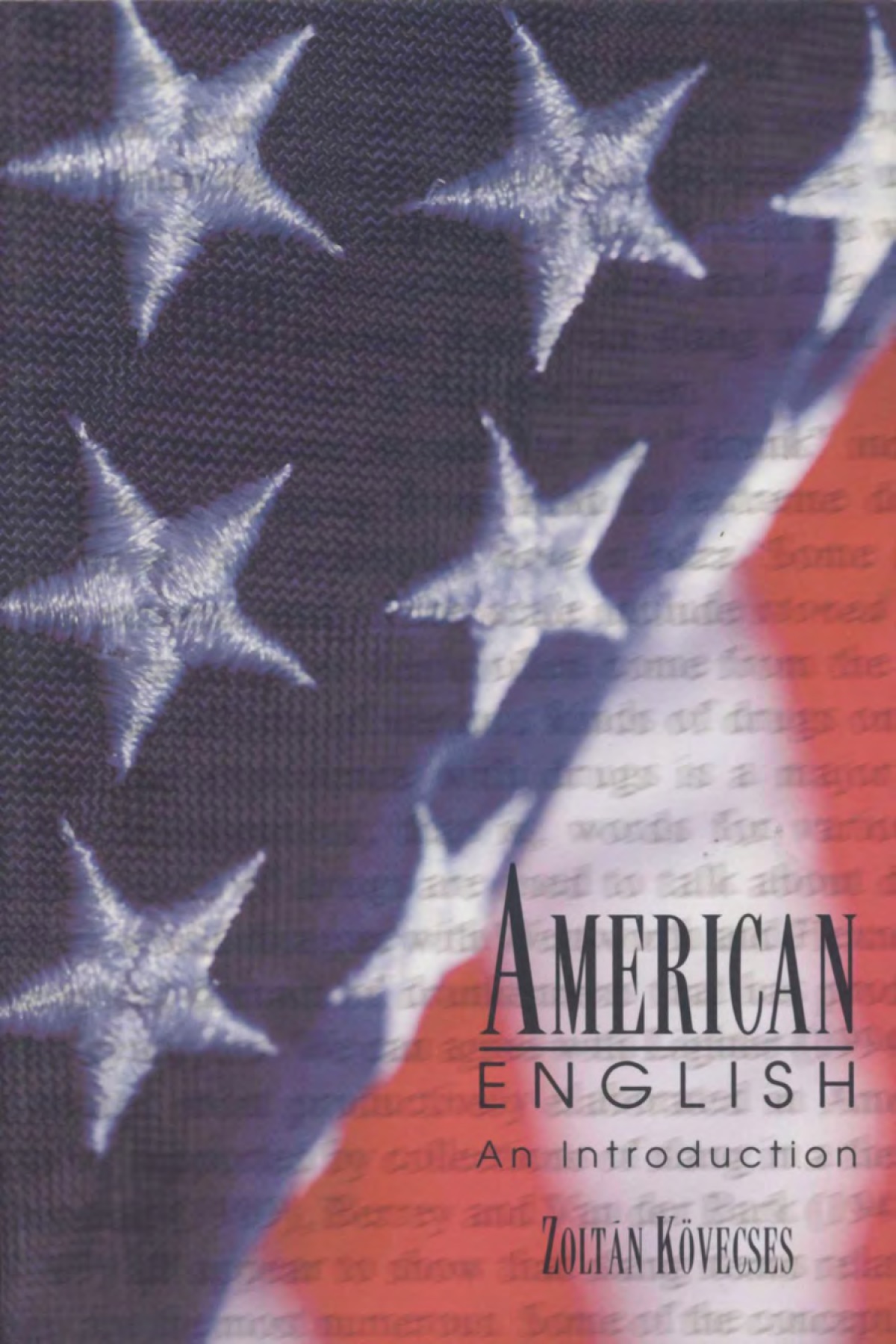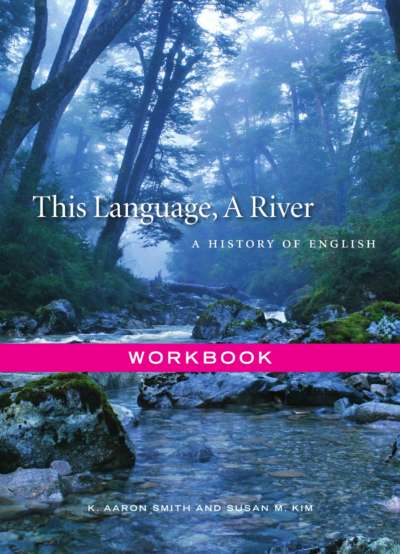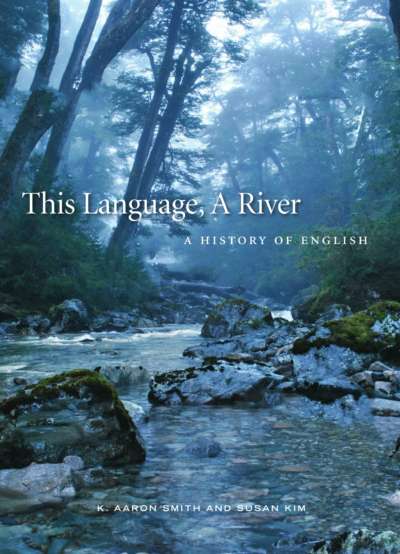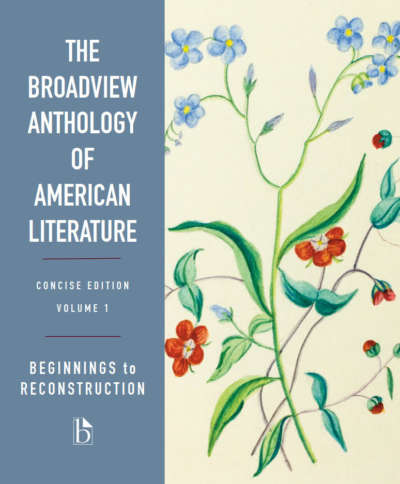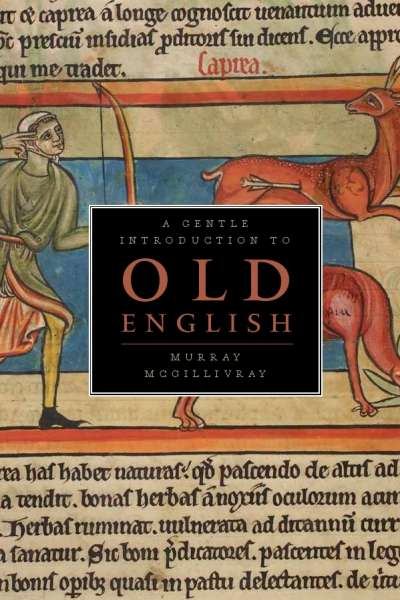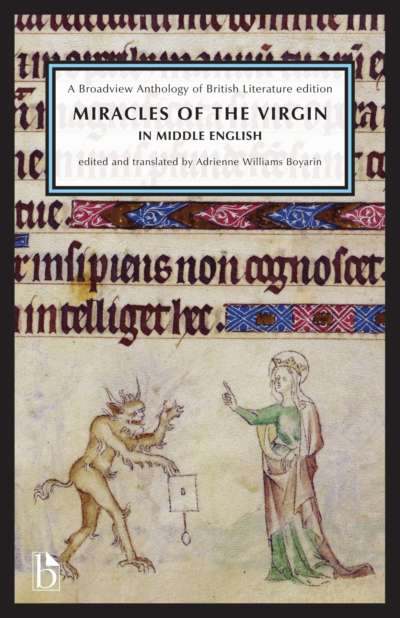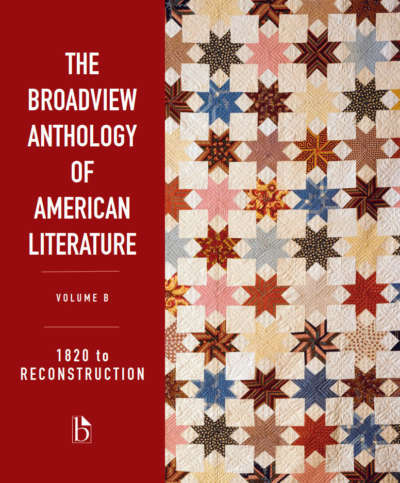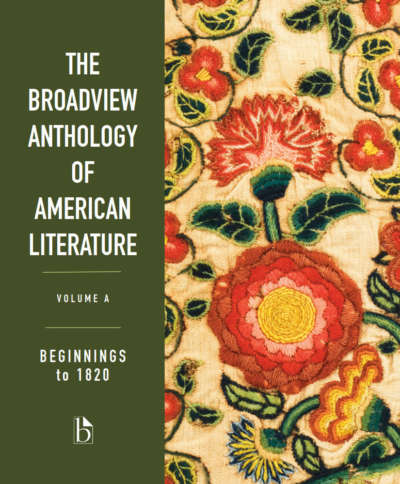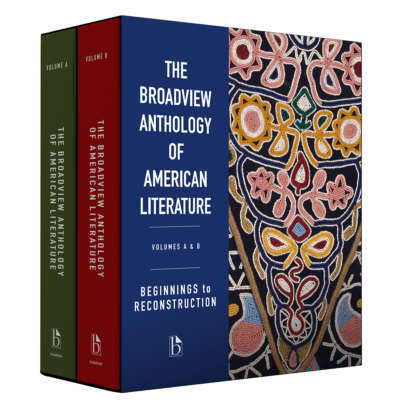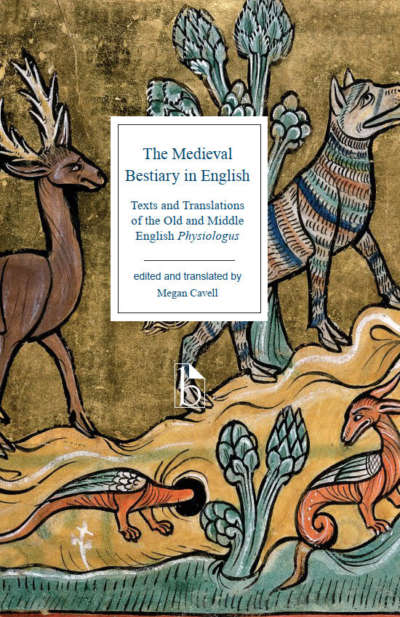This book is a cultural-historical (rather than purely linguistic) introduction to American English. The first part consists of a general account of variation in American English. It offers concise but comprehensive coverage of such topics as the history of American English; regional, social and ethnic variation; variation in style (including slang); and British and American differences.
The second part of the book puts forward an account of how American English has developed into a dominant variety of the English language. It focuses on the ways in which intellectual traditions such as puritanism and republicanism, in shaping the American world view, have also contributed to the distinctiveness of American English.
Comments
“American English is an admirable piece of work. It provides an informative and up-to-date survey of the variety of English spoken in the United States. The discussion of historical developments is excellent, the summaries of scholarship accurate and readable, and the many examples throughout the book (of regional variations, of business jargon, of American sex-talk, and of much else) are consistently illuminating.” — Donald Wesling, University of California, San Diego
Preface
Acknowledgments
A phonetic alphabet for English pronunciation
Chapter 1 Why study American English?
- The “British vs. American” issue
The American “mind” and intellectual traditions
What to teach: British or American?
Can American English reflect culture and the American “mind”?
Properties of American English: a preview
Explaining American English
Which materials are used in this book?
Structure of the book
Study Questions and Activities
Chapter 2 American English: a brief history
- The historical background
Elizabethan English
Archaic features of American English
The influence of languages of the colonial period
The influence of later immigrants
Study Questions and Activities
Chapter 3 A new nation
- The task of naming
The naming of things
The frontier and the West
Language and technological developments
Setting up new institutions
People and their homes
Study Questions and Activities
Chapter 4 Linguistic geography in the United States
- Some history
Language, dialect, and idiolect
Linguistic geography
General assessment of linguistic geography
Study Questions and Activities
Chapter 5 Regional dialects of American English
- The study of American regional varieties
The Northern dialect
The Coastal South
The Midland dialect
The West as a dialect region
Some general regional markers
Reasons for uniformity and variation in American English
Study Questions and Activities
Chapter 6 Social dialects of American English
- Social vs. regional variation
Factors in social variation
Standard and nonstandard American English
Attempts at standardizing American English
Attitudes toward dialects of American English
Dialects and social problems
Study Questions and Activities
Chapter 7 Ethnic dialects of American English
- Hispanic American English
The Black English vernacular
Study Questions and Activities
Chapter 8 Style in American English
- Setting
Subject matter
Medium
Audience
Mixing styles
Study Questions and Activities
Chapter 9 American slang
- History of the study of English slang
The emergence of American slang
Sources of American slang
The subject matters of American slang
Distinctive properties of American slang
Impact of American slang on other varieties of English
Study Questions and Activities
Chapter 10 Vocabulary differences between British and American English
- Words of American origin
Vocabulary differences: some questions
The main subject areas of British and American English lexical differences
The interaction between British and American English vocabulary
Study Questions and Activities
Chapter 11 General accounts of British-American linguistic differences
- The “linguistic geography” approach
A collection of British archaisms
Social history
Parallel lists
“Form-referent” typologies
“Intellectual traditions” approach
Study Questions and Activities
Chapter 12 Economy in American English
- The historical context
Spelling reform
Economy
Study Questions and Activities
Chapter 13 Rationality in American English
- What is rationality?
Linguistic economy: the elimination of redundancy
Linguistic economy: one value, one form
Regularity
Iconicity
Study Questions and Activities
Chapter 14 The “straightforward” American
- Sincerity
Clear language
The causes of directness
Business talk
The tension between plain and “unplain” language
Study Questions and Activities
Chapter 15 The democratic nature of American English
- Standardization
Availability of Standard American English
Tolerance
The language of democracy
Antisexism in America: the linguistic fight
Study Questions and Activities
Chapter 16 The “casual” American
- The beginnings of American informality
Forms of address
Some informal speech acts
Informality in pronunciation and spelling
Style “mixing”
Informality in writing
Study Questions and Activities
Chapter 17 American prudery in language
-
The social and historical context
Swearing
Death and some related areas
The human body
Study Questions and Activities
Chapter 18 Tall talk and grandiloquence
- Tall talk
Grandiloquence, or dignifying the not-so-dignified
Study Questions and Activities
Chapter 19 The inventiveness of American English
- Inventiveness as a major property of American English
Making new words in American English
Where were neologisms created?
The causes of American inventiveness
Study Questions and Activities
Chapter 20 The imaginativeness of American English
- The nature of imaginativeness
Why items are borrowed from American English
Informality
Verbal prudery
Tall talk
Inventiveness
Some major metaphorical domains in American English
Some conceptual metonymies
British and American attitudes to imaginativeness
Study Questions and Activities
Chapter 21 Action and success in American English
- The components of American success
Linguistic reflections of success in American English
British and American differences
Study Questions and Activities
Chapter 22 A new mind
- The effects of social history on American English
Properties of American English
American English and the American character
American intellectual traditions
Tensions
American English and modernity
Study Questions and Activities
References
Index
Zoltán Kövecses is Professor of Linguistics in the Department of American Studies at Eötvös Loránd University, Hungary; his other books include Metaphor and Emotion (Cambridge University Press) and The Language of Love (Bucknell University Press).

